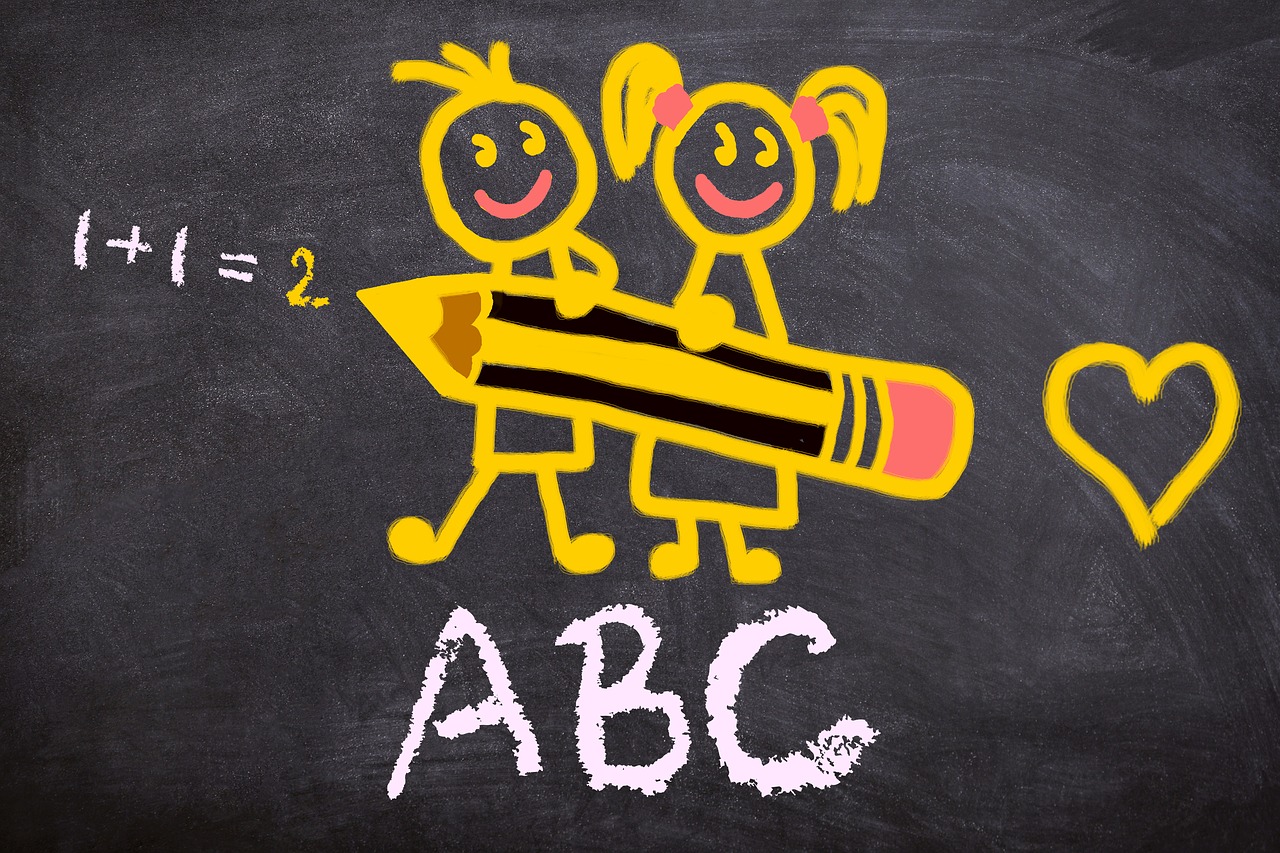


When we think about the word ‘curriculum’, we could be excused for pigeonholing our understanding of the term into the content which is taught in different subjects in different classrooms by different teachers. Whilst this isn’t technically incorrect, it also does not provide us with the bigger picture of what curriculum actually means to a school. During our day-to-day work as teachers, we are often mainly focused on what sequence of learning is taking place in mathematics, or history, for example, or how the children are getting on with their reading and what skills or knowledge they are learning. However, when you move down the age groups and phases to the early years, you start to see that lots of what is learnt is actually about personal development. In fact, before Curriculum for Wales was introduced, the Foundation Phase (FP) already had an area of learning named Personal and Social Development (PSD), Well-being and Cultural Diversity. I won’t list all of the outcomes here, but suffice to say they don’t focus on being able to use fronted adverbials or multiply decimal numbers. So this begs the question:
What does the word ‘curriculum’ actually mean to a school?
Well, for me, curriculum means everything; everything that happens in a school is part of the curriculum. From knowing what time school starts, to what uniform to wear, how to line up with other children, where to hang your coat up and how a zip works – this is all curriculum. These things don’t just happen, they are often carefully choreographed routines which school children are unknowingly rehearsed in. So how does my school work with this concept?
Health and Well-being is incredibly important to us as a school, and this is our starting point for everything. Based around Tom Sherrington’s ‘Learning Rainforest’, we put a strong emphasis on developing solid roots based on routines, relationships and behaviours which are conducive to good quality learning. From here we can begin to teach skills and knowledge, knowing that our pupils are in the right frame of mind to learn. Now we come to the title of this blog: ‘Creating and implementing your own curriculum that engages all stakeholders’. The children have a great deal of say in what happens in the school, through a combination of EPIC planning (Everyone Plans In Class), pupil voice groups and questionnaires focused on key issues at various points in the year.
EPIC planning is not a new concept, but it gives us a great insight into what the children would like to learn about. This is not to say that they have full reign over what is covered in school! It must be remembered that the teachers and subject leaders are still considered the experts and have the final say in what is taught; we don’t always know what we need to know. However, the option to incorporate the children’s ideas is welcomed, especially when they throw in curve ball questions which you had maybe not considered yourself. This also gives children ownership over their learning, and in time provides the impetus to want to learn because of that personal attachment to the curriculum.
Each term our staff sends out an email to the wider school community – parents, carers and governors who are also stakeholders, requesting anyone with knowledge and experience of our topics (we use Big Questions rather than topics which helps to broaden the scope of learning, but I’ll use the term ‘topic’ as it is widely understood) who may be able to come into school and talk about their experiences. This also includes opportunities for pre-visit work and post-visit activities, making these meaningful learning experiences. Parents and carers are also given regular opportunities to (respectfully) comment on various aspects of school life, including learning opportunities. Engagement with all in the community is key!
Pupil Voice groups play a large role in our school. We switched from a ‘School Council’ several years ago and have never looked back. Every child from Reception to Year 6 is a member of a pupil voice group, having a weekly opportunity to look at various aspects of school life and how they may be upgraded and enhanced. This year we have introduced a new group titled ‘Curriculum Council’ who’s purpose is to look at all Areas of Learning Experience (AoLEs) and consider how we may wish to look to change them as time goes on. What more involvement in curriculum development could pupils have?!
Alongside our school motto, we also have three values: Care, Respect & Community. These were decided over a long period of time, through conversation and agreement with all stakeholders. Then, each term one value becomes the focus of the Headteacher’s assembly where the children all worked together across the whole school, via Teams, to decide what these words meant to them and how we can incorporate them into school life.
Now, you may have noticed that I haven’t spent a lot of time at all talking about specific subjects. That is because the teachers work hard in the background to ensure that all of this is cohesive and makes sense. It is not a complete ‘free for all, let’s do whatever we want’! Teachers take all of what is given to them by the school community, analyse the data, look to where the school may need to make changes, and carefully plan learning experiences which still fit in with the carefully mapped out schemes of work associated with traditional subject areas, whilst still allowing the pupils to maintain a feeling of ownership over what they are learning. Even within the apparent freedom of Curriculum for Wales, we still need to maintain some traditional teacher skills and values; planning, teaching, assessing then looking for the next step or direction, just this time with lots more valuable input from the whole school community.